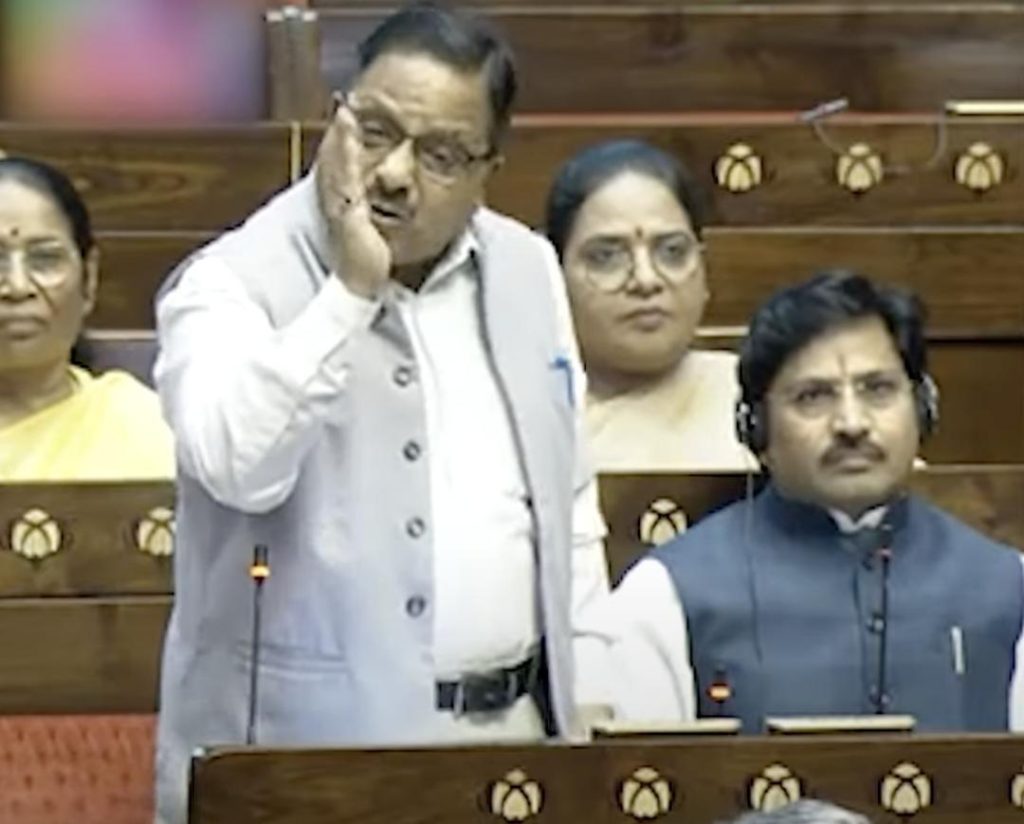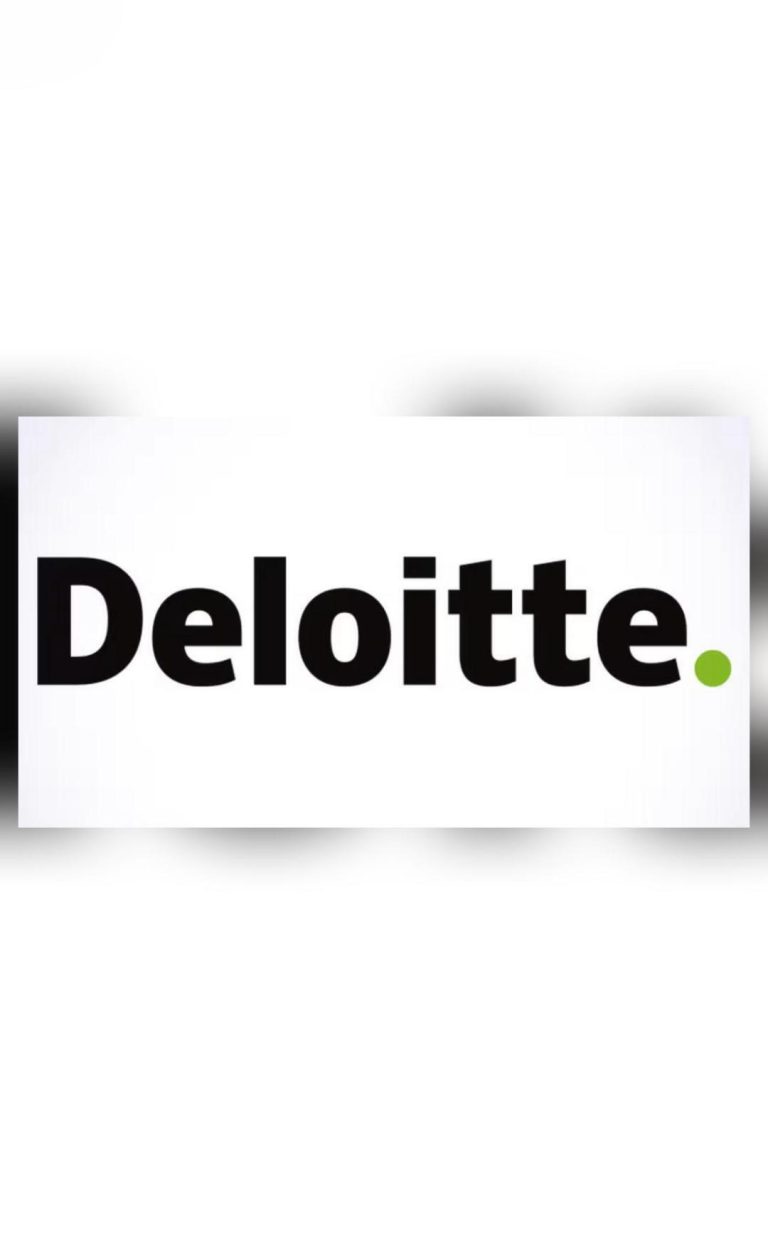
Should I Read Quran & Tell You What’s Written in It: BJP MP Radha Mohan Das on Waqf Bill
The Waqf Bill, a contentious piece of legislation aimed at regulating and managing the properties of Waqf Board, has been making headlines in recent days. Amidst the heated debate, a BJP MP, Radha Mohan Das, stirred up controversy by asking a question that has left many scratching their heads. In a video that has gone viral, Radha Mohan Das can be seen asking if he should read the Quran and tell the nation what is written in it.
The incident took place during a discussion on the Waqf Bill in the Lok Sabha. Radha Mohan Das, a member of the ruling Bharatiya Janata Party (BJP), was speaking about the alleged irregularities in the functioning of the Waqf Board. He claimed that the Board had amassed a significant amount of properties without maintaining proper records. “The Quran says that even if one rupee is given to anyone, there should be a written record…And you say you have so many properties without a record,” he said, addressing the Waqf Board officials.
Das’s statement has sparked a heated debate, with many interpreting his words as an attempt to question the authenticity of the Quran. However, Das has clarified that his intention was not to offend any religious beliefs or communities. In a statement, he said that he was only highlighting the importance of maintaining transparency and accountability in the functioning of the Waqf Board.
But what does the Quran actually say about written records? Is it relevant to the Waqf Bill or Das’s comments? To understand the context, it is essential to delve into the Quranic verses and their significance.
The Quranic Verses
The Quran, the holy book of Islam, contains several verses that emphasize the importance of written records and documentation. For instance, in Surah Al-Baqarah, Verse 282, it is written:
“And when you transact a taxable transaction among yourselves for a specified term, write it down. And let a scribe write it down with justice between yourselves. And the scribe should not refuse to write as Allah has taught him, so he writes it with ease and clarity.”
This verse underscores the importance of written documentation in business transactions. Similarly, in Surah Al-Nisa, Verse 68, it is written:
“O you who have believed, when you contract a debt for a specified term, write it down. And let a scribe write it down with justice between yourselves. And the scribe should not refuse to write as Allah has taught him, so he writes it with ease and clarity.”
These verses emphasize the importance of written records in financial transactions, including the payment of debts and the transfer of properties. In the context of the Waqf Bill, these verses suggest that the Quran promotes transparency and accountability in the management of properties.
Relevance to the Waqf Bill
Radha Mohan Das’s statement about the Quran’s emphasis on written records can be seen as a critique of the Waqf Board’s alleged lack of transparency in managing its properties. The Waqf Board is responsible for managing the properties of mosques, shrines, and other religious institutions. However, allegations of irregularities and mismanagement have plagued the Board in the past.
Das’s comments suggest that the Quran’s emphasis on written records is relevant to the Waqf Bill, which aims to regulate and manage the properties of the Waqf Board. By highlighting the Quran’s emphasis on transparency and accountability, Das is drawing attention to the need for the Waqf Board to maintain proper records of its properties and transactions.
Conclusion
Radha Mohan Das’s statement about reading the Quran and telling the nation what is written in it has sparked a heated debate. While some have interpreted his words as an attempt to question the authenticity of the Quran, Das has clarified that his intention was to highlight the importance of transparency and accountability in the functioning of the Waqf Board.
The Quranic verses highlighted above emphasize the importance of written records and documentation in business transactions. In the context of the Waqf Bill, these verses suggest that the Quran promotes transparency and accountability in the management of properties.
Ultimately, the debate surrounding Radha Mohan Das’s statement highlights the need for greater transparency and accountability in the functioning of the Waqf Board. By promoting transparency and accountability, the Waqf Board can restore public trust and ensure that the properties under its management are utilized for the benefit of the community.
Source:






